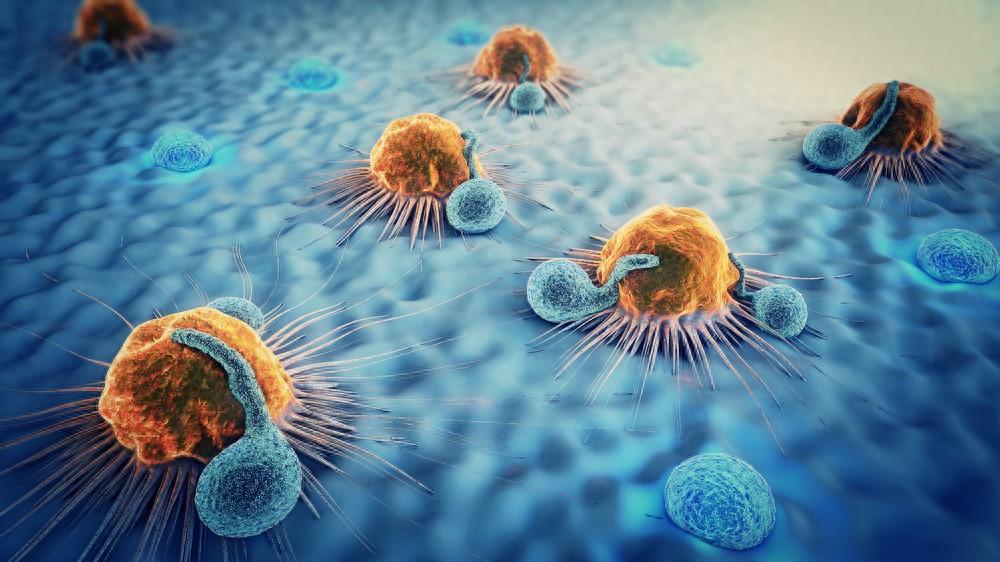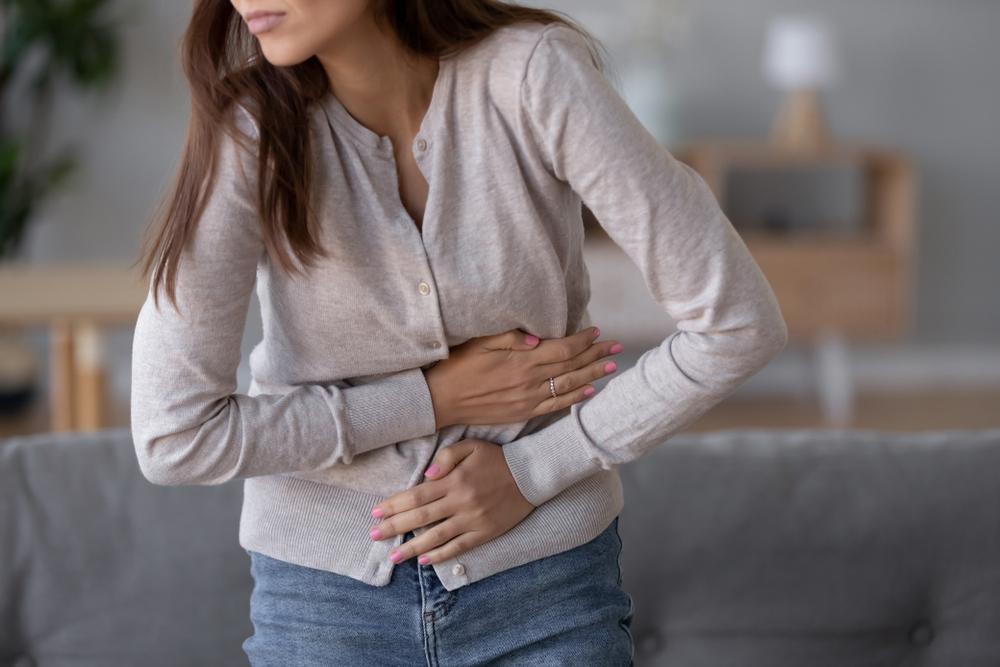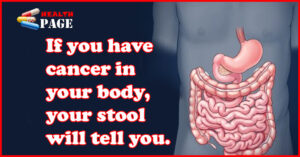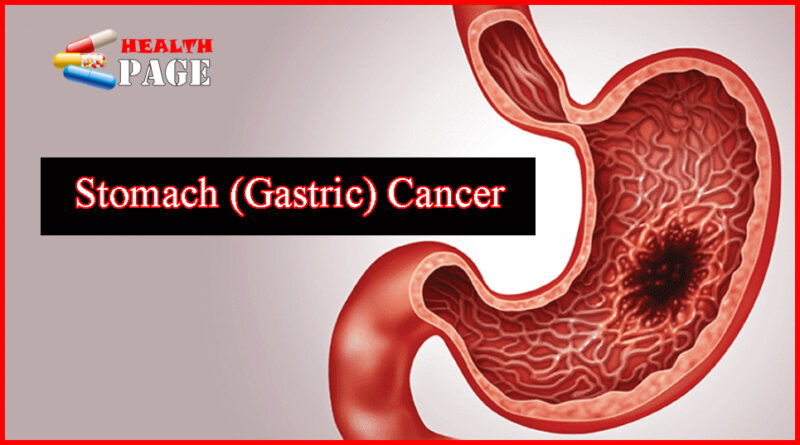Beware! This habit can easily lead to gastric cancer!
In the fast-paced life, we are used to meeting friends every now and then to enhance our relationship and relieve stress. However, behind the frequent gatherings, there is a health killer that cannot be ignored – gastric cancer .

1. Dining parties and banquets became “boosters” for gastric cancer
1. High-salt diet: Uncovering the “salt coating” of gastric cancer
In order to make dishes more delicious, chefs often add a lot of salt to make them more delicious. However, long-term intake of high-salt foods will cause chronic damage to the gastric mucosa and increase the risk of gastric cancer. The World Health Organization recommends that adults should not consume more than 6 grams of salt per day, but the average intake of Chinese residents far exceeds this standard.
How does high-salt food induce stomach cancer?
- First, too much salt can damage the gastric mucosa, making the gastric wall cells susceptible to invasion by carcinogens.
- Secondly, high-salt foods will promote gastric acid secretion and increase the burden on the stomach.
- Finally, nitrites in high-salt foods can be converted into carcinogenic nitrosamines under certain conditions .
2. Grilled and fried foods: “catalysts” for gastric cancer
Barbecue and fried food are very popular in gatherings, but their harmfulness should not be underestimated. During the cooking process, oil will undergo chemical reactions at high temperatures to produce carcinogens such as polycyclic aromatic hydrocarbons and acrylamide . These substances enter the stomach and can directly damage the gastric mucosa. Long-term accumulation can induce gastric cancer. In addition, the various seasonings used in barbecue will also increase the risk of cancer.
3. Excessive drinking: an “accelerator” of gastric cancer
At the dinner table, people clink glasses and drink with great enthusiasm, but they don’t know that alcohol has become an “accelerator” for gastric cancer. Alcohol can directly damage the gastric mucosa, leading to inflammation, ulcers, and even cancer. At the same time, alcohol can also enhance the toxicity of carcinogens, making it more likely to induce gastric cancer.
4. Irregular diet: a hotbed for gastric cancer
Frequent gatherings and banquets can easily lead to irregular eating. Gastric acid secretion is rhythmic, and irregular eating will disrupt the rhythm of gastric acid secretion and increase the burden on the stomach. In the long run, the gastric mucosa will be damaged and the risk of gastric cancer will increase.
5. Moldy food: a time bomb for stomach cancer
In some gatherings and banquets, food may not be properly stored. Aflatoxin in moldy food has a strong carcinogenic effect. Aflatoxin can still survive at high temperatures and can cause gastric mucosal inflammation, ulcers, and even cancer after entering the human body.

2. Have you noticed the early signs of gastric cancer?
The early symptoms of gastric cancer are not obvious and can be easily confused with common stomach diseases. We would like to remind everyone, especially those with poor stomachs, that the following signs may be early manifestations of gastric cancer. Once they appear, you should be vigilant.
1. Upper abdominal discomfort and pain: Patients with early gastric cancer often feel upper abdominal discomfort and pain. The symptoms vary from mild to severe and are easily ignored.
2. Loss of appetite and weight loss: Gastric cancer patients may experience symptoms such as loss of appetite and weight loss in the early stages.
3. Nausea and vomiting: Gastric cancer causes gastric dysfunction, and patients may experience symptoms such as nausea and vomiting.
4. Black stools: Gastric cancer may cause gastric bleeding, and the blood oxidizes in the intestines, forming black stools.
5. Anemia: Gastric cancer patients may experience anemia symptoms due to long-term blood loss.
3. How to prevent gastric cancer?
1. Healthy diet: Develop a low-salt, low-fat, light diet, eat more fresh vegetables and fruits, and eat less barbecued and fried food.
2. Regular work and rest schedule: Maintain a regular work and rest schedule, avoid staying up late and overwork, and ensure that your stomach gets enough rest.
3. Moderate exercise: Do appropriate physical exercise to strengthen your physical fitness and improve your immunity.
4. Maintain a good attitude: learn to adjust your emotions and avoid mental stress and anxiety, which is beneficial to stomach health.
5. Regular physical examinations: Perform regular stomach examinations, such as gastroscopy and Helicobacter pylori testing, for early detection and early treatment.
6. Limit alcohol and quit smoking: Limit alcohol consumption and try to quit smoking to reduce the damage of harmful substances to the stomach.
7. Pay attention to food hygiene: avoid eating moldy food, maintain food hygiene, and prevent stomach diseases.
Finally, although gatherings and banquets can enhance relationships, we should also pay attention to healthy eating.
1. Eat in moderation and don’t pursue excessive enjoyment of food.
2. Pay attention to your diet, eat more vegetables and fruits, and less greasy and high-salt foods.
3. Eat in moderation, avoid overeating, and keep your stomach comfortable.
4. Learn to say no and bravely say “no” to foods that are not good for your stomach health.
5. Pay attention to stomach health, have regular physical examinations, and detect and treat problems early.



Pingback: What You Need to Know About Adult Failure to Thrive ICD 10